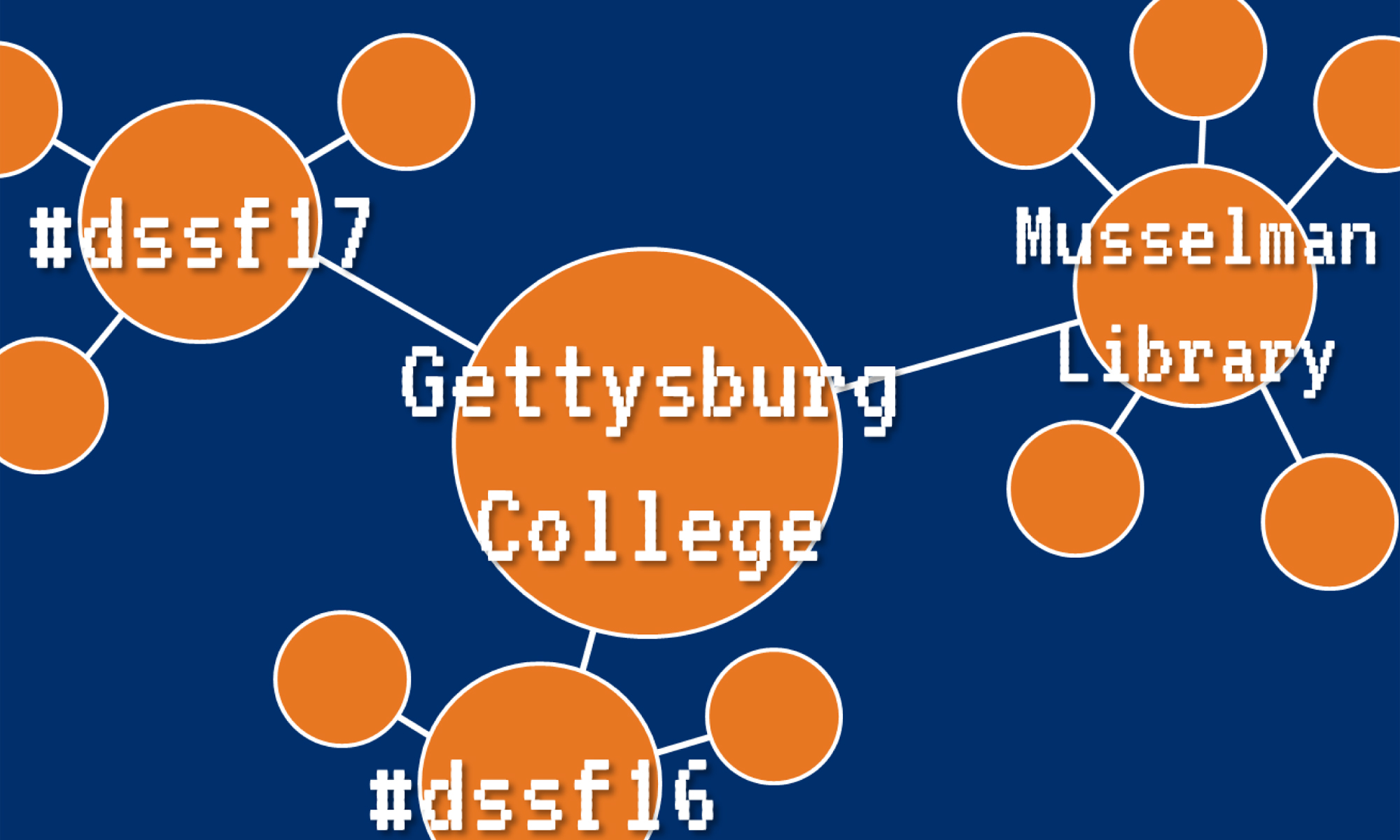The task of defining digital scholarship and/or digital humanities is very similar to trying to define love, happiness or leadership. It is very hard to find one definition for DH or DS because like love, it means so many things to so many different people and it can look like so many different things. In our sessions this week we discussed what projects were considered DS and which weren’t. Sometimes we all agreed and other times we debated whether or not something was DS.
Is Wikipedia DS?
Is metadata DS?
The list goes on.
Instead of focusing on what is or isn’t DS/DH I think it is important to understand its values and how impacts scholarship. That being said, here is my definition:
Digital Scholarship is an umbrella term that encompasses all scholarship that is done digitally. It is about using digital tool to enhance scholarship making it accessible to people regardless of their background.
Digital Humanities is very similar to digital scholarship, but instead it focuses on digital scholarship in the humanities.
I believe that DS and DH have great values. Amanda Visconti defines them very well in her piece A Digital Humanities What, Why, & How (DLF eResearch Network Talk). At times I believe these values are more like ideals, because some of the values cannot be completely achieved. When we discussed our DH values we, as a cohort, couldn’t all agree and I think that is reflective of the DS/DH community. Different people value different things.
I believe that DH should value many things including:
- Openness and Accessibility: People should have access to materials and should be able to contribute to scholarship regardless of their race, gender, class, socioeconomic status, etc. There shouldn’t be a price tag on scholarship or digital tools. (Note: I also realize that it if was not going to liberal arts college like Gettysburg, if I wasn’t encouraged my by parents to apply for this and if I needed to make more money of the summer I would not be able to participate in this fellowship or learn about DH. I have worked really hard to be here, but I also recognize my position of privilege that has gotten me here. As DS continues to value accessibility and breaks down the hierarchy, these conversations need to be had because the hierarchy still exists in some ways.).
- Collaboration- I believe that collaboration is extremely important. Having others to help you along the way from our cohort, the committee, to the DS twitter world and the DS Slack Page, community is essential to this work. I think valuing openness goes hand and hand with valuing community and collaboration.
Food for thought: I think everything is political whether it intends to be or not. These are a few questions I have:
Is DS/DH political? If so, in what ways?
In what ways can aspects of DS be considered political?
Is DS liberal or conservative?
Does DS happen to embody different liberal and/or conservative values, or is it intentional?
How do the people that make up the DS community impact the values of DS?
Maybe I am looking for a connection to politics that is nonexistent. My answers to some of these questions might be different from yours. Some of these questions might not have answers. I think our answers, and our feelings towards the questions I just posed are an outcome of how we as individuals define digital scholarship and how we see it impacting the world.
